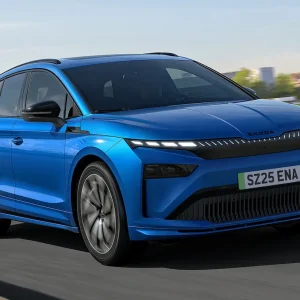The fleet market took on more than 300,000 cars emitting less than 120g/km of CO2 last year, as the acquisition of the most efficient cars on the market gathered pace.
Just under 30% of fleet registrations in 2011 were in what was at the time the lowest company car benefit-in-kind banding on offer, compared with a figure of 3.0% of fleet registrations being at that level five years ago, according to figures from the Society of Motor Manufacturers and Traders.
The same story is true at an admittedly smaller volume for cars below 100g/km and below 95g/km, the latter being where the 10% BIK banding will shift down to in April 2013.
Fleet registrations of sub-100g/km cars reached 37,904 last year, compared with just 15 in 2007, and the 2011 figure was nearly double that of the previous year as uptake of the increasing numbers of appealing and appropriate low-emissions cars grew.
The growth in sub-95g/km cars registered as fleet purchases is even more marked, going from just two registrations in 2007 and 34 in 2008 to 13,755 last year. In 2011, 3.7% of fleet registrations were under 100g/km, and 1.3% were under 95g/km.
Manufacturers have made massive strides in both the quantity and quality of products on offer. BusinessCar’s research has revealed that there are now 1354 individual models on car manufacturers’ price lists in the UK, compared with 894 this time last year.
At under 100g/km, the 248 separate models on offer compares with 101 in May 2011 as sub-100g/km increasingly becomes the benchmark figure that lower medium models, as well as smaller city cars and superminis, need to achieve.
“The business car market is very important – it’s a key part of the market place and 50% of the volume,” SMMT chief executive Paul Everitt told BusinessCar. “I think there’s no doubt that the company car tax regime and business users have been very significant in influencing the way the market goes.”
“Manufacturers have made tremendous progress in the last decade in improving fuel efficiency and CO2 emissions,” continued Everitt. “The industry as a whole has invested substantially in optimising traditional technology and bringing through newer technology with hybrids and electrification.”
Follow BusinessCar on TWITTER.





